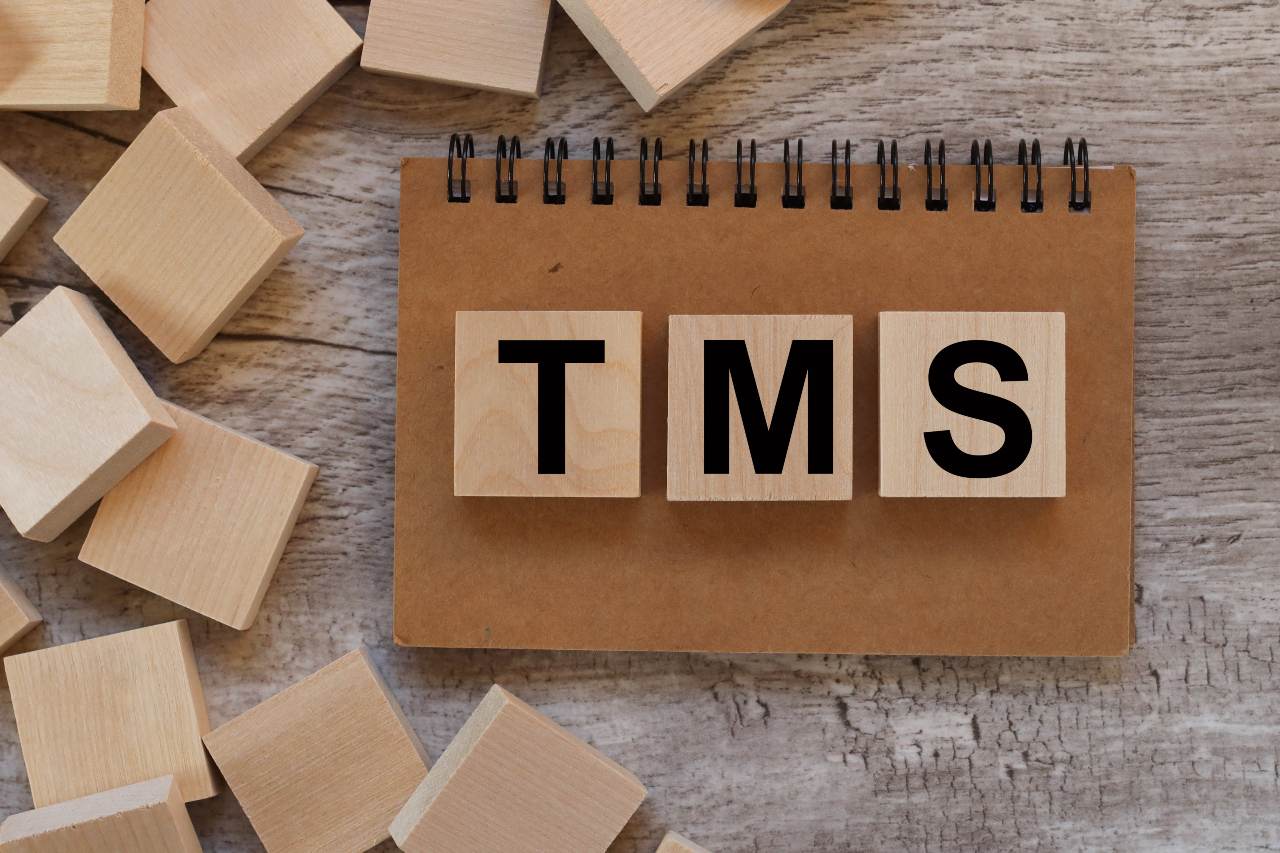Managing Anxiety Disorders with TMS: A New Approach
Anxiety disorders affect millions of people across the United States, often interfering with daily life, work, and relationships. While traditional treatments like therapy and medication can be very effective, they do not work for everyone. For some, symptoms persist despite their best efforts. This is where innovative approaches, such as Transcranial Magnetic Stimulation (TMS), can offer new hope. At Goolsby and Associates in Gainesville, GA, TMS is changing how patients manage anxiety disorders by targeting the brain directly and promoting lasting relief.

Understanding Anxiety Disorders
Anxiety disorders are more than occasional worry or stress. They involve persistent, excessive fear or nervousness that can affect how a person thinks, feels, and functions. Common types include generalized anxiety disorder, panic disorder, social anxiety disorder, and specific phobias. Symptoms can range from restlessness and racing thoughts to muscle tension, rapid heartbeat, and sleep difficulties
Anxiety disorders can develop for many reasons, including genetics, life experiences, or changes in brain chemistry. While they are highly treatable, finding the right combination of treatments can take time. Many individuals benefit from talk therapy, lifestyle changes, and medications. However, some find their anxiety remains difficult to control despite these efforts. This is often referred to as treatment-resistant anxiety.

What is TMS Therapy
Transcranial Magnetic Stimulation, or TMS, is an FDA-cleared, noninvasive treatment that uses magnetic fields to stimulate specific areas of the brain involved in mood and anxiety regulation. Unlike medications, which circulate through the entire body, TMS targets the brain directly. A small electromagnetic coil is placed against the scalp, usually near the forehead. This coil delivers gentle magnetic pulses to the underlying brain regions, helping to restore healthier patterns of brain activity.
TMS does not require anesthesia or surgery, and patients remain awake and alert during each session. Because it does not involve systemic medications, TMS avoids many of the common side effects that come with anxiety medications, such as fatigue, weight changes, or sexual side effects. This makes it a safe and appealing option for many individuals seeking alternatives or additions to their current treatment plan.
How TMS Works for Anxiety Disorders
Anxiety is often linked to overactivity in certain parts of the brain, such as the amygdala, which is responsible for the fear response, and underactivity in areas like the prefrontal cortex, which helps regulate emotional reactions. TMS works by gently modulating activity in these brain circuits. Over time, this can reduce hyperarousal, improve emotional regulation, and help quiet the brain’s persistent “alarm system” that drives anxiety symptoms.
Research has shown that repetitive TMS (rTMS) can help rebalance neural activity associated with anxiety disorders. By delivering regular, precisely targeted magnetic pulses, TMS helps the brain create new, healthier communication patterns. Many patients begin to notice gradual improvements in their anxiety symptoms over the course of several weeks.
What to Expect During TMS Treatment
At Goolsby and Associates, the TMS treatment process is carefully tailored to each individual. The first step is a consultation to determine whether TMS is appropriate based on medical history, current symptoms, and previous treatment experiences.
Once a treatment plan is established, patients typically undergo TMS sessions five days a week for several weeks. Each session lasts about 5 to 30 minutes. Patients sit comfortably in a chair while the TMS device is positioned over the treatment area. Most people describe the sensation as a light tapping or tapping pulse on the scalp.
There is no downtime after sessions, so patients can return to work, school, or their usual activities immediately. Because TMS is noninvasive, there are no incisions, sedation, or recovery periods involved.
Effectiveness of TMS for Anxiety
TMS has been widely studied for its effectiveness in treating mood disorders, and growing evidence supports its role in managing anxiety disorders as well. Many patients experience a significant reduction in anxiety symptoms, improved mood, and a better ability to manage daily stressors. Some notice improvements within a few weeks, while others may see gradual progress over the full course of treatment.
One of the key benefits of TMS is that improvements can last well beyond the treatment period. For many patients, TMS helps reset the brain’s patterns, allowing them to maintain progress with ongoing self-care, therapy, or occasional maintenance sessions.
TMS as Part of a Comprehensive Anxiety Treatment Plan
At Goolsby and Associates, TMS is not viewed as a stand-alone treatment, but rather as part of a comprehensive approach to managing anxiety disorders. This may include talk therapy, medication management, lifestyle modifications, and stress reduction strategies. TMS can be especially helpful for those who have not found sufficient relief with standard methods alone, or for those who want to reduce their reliance on medication.
By integrating TMS with other therapeutic approaches, patients can often achieve greater and longer-lasting relief. This collaborative model ensures that treatment addresses both the biological and psychological aspects of anxiety.
Is TMS Right for You
TMS may be a good option for individuals who have tried traditional anxiety treatments without achieving the results they hoped for. It can also be suitable for those who experience medication side effects or prefer non-drug options. The best way to determine whether TMS is appropriate is through a personalized evaluation with the team at Goolsby and Associates.
Because TMS is noninvasive and well-tolerated, many patients who were unable to find relief with other treatments finally experience meaningful improvement.

A New Path Forward
Living with chronic anxiety can be exhausting and isolating, but innovative treatments like TMS offer new hope. By directly targeting the brain circuits that underlie anxiety, TMS can help restore balance, reduce symptoms, and improve quality of life.
Goolsby and Associates in Gainesville, GA, is proud to offer TMS therapy as part of their commitment to providing advanced, compassionate mental health care. With expert guidance and a supportive treatment environment, patients can explore new paths toward lasting relief.
If anxiety has been holding you back despite your best efforts, TMS may be the new approach you have been looking for. Contact Goolsby and Associates today to learn more or schedule a consultation.
